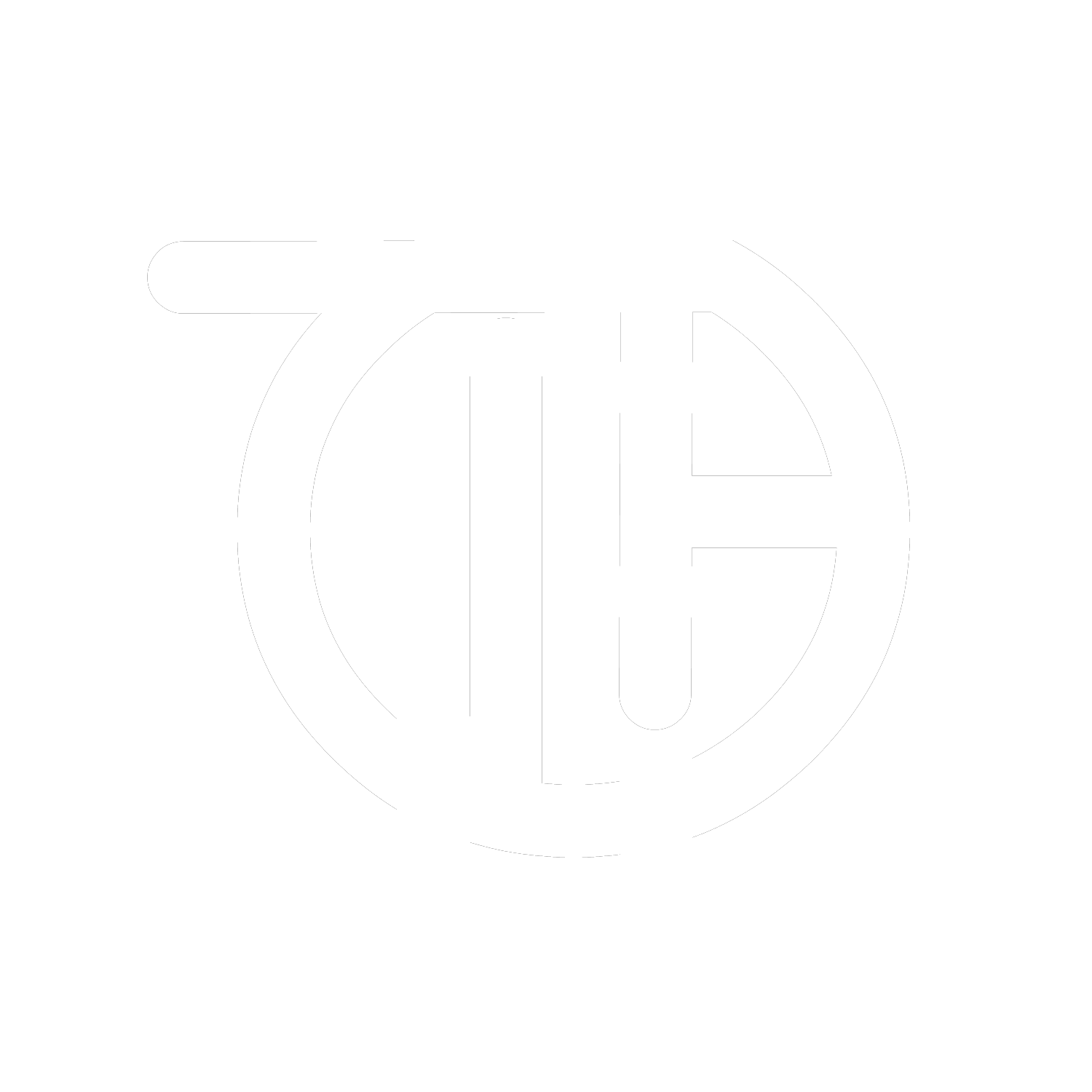ASWB Exams and the Path to Becoming an LCSW in California
The path to becoming a Licensed Clinical Social Worker (LCSW) in California is a journey paved with rigorous academic training, hands-on supervised experience, and successful completion of state-mandated exams. The most pivotal hurdle is the Association of Social Work Boards (ASWB) Clinical Examination, which, together with the California Law & Ethics Exam, forms the cornerstone of LCSW licensure statewide.
Education and Initial Licensure Steps
Aspiring LCSWs must begin by earning a Master’s in Social Work (MSW) from a Council on Social Work Education (CSWE) accredited institution. This graduate-level foundation equips candidates with essential skills and competencies, regardless of program specialization. Learn more about education and registration requirements from the California Board of Behavioral Sciences and California Social Work License Guide.
Once the degree is secured, graduates have 90 days to register as Associate Clinical Social Workers (ASWs) with the California Board of Behavioral Science (BBS), allowing them to begin counting supervised clinical hours. Before accruing these experience hours, applicants must undergo a criminal background check via Live Scan fingerprinting. The initial ASW registration period also requires candidates to start taking the California Law & Ethics Exam.
Supervised Experience and Coursework Requirements
California mandates a stringent supervised practice period: 3,000 hours of post-degree clinical social work under supervision, completed over a minimum of 104 weeks. This ensures well-rounded, real-world proficiency across a diverse range of settings. All supervised hours must be tracked, documented, and submitted with the application for full licensure.
Applicants must also complete several required coursework categories, such as child abuse assessment, human sexuality, and alcohol dependency. Specific coursework details are provided in the BBS application instructions.
Key Steps to LCSW Licensure in California
| Step | Requirement / Detail |
|---|---|
| Education | Master’s in Social Work (MSW) from a CSWE-accredited institution. |
| ASW Registration | Apply within 90 days after graduation; register with the California BBS. |
| Background Check | Fingerprinting (Live Scan) and criminal history review. |
| Law & Ethics Exam | Must be taken annually during the ASW period until passed. |
| Supervised Experience | 3,000 hours over a minimum of 104 weeks under qualified supervision. |
| Required Coursework | Complete mandated categories (e.g., child abuse, human sexuality, etc.). |
| ASWB Clinical Exam | Register after BBS application approval and passing Law & Ethics Exam. |
| Final Application | Submit proof of hours and exam passes; pay $200 fee to BBS. |
| License Renewal | Every 2 years; $220 fee; 36 hours of continuing education. |
| Out-of-State Applicants | Must meet either Path A (Credential) or Path B (Education/Experience) requirements. |
The ASWB Clinical Exam Explained
The ASWB Clinical Exam is the universal licensing test for clinical social workers and is required after passing the California Law & Ethics Exam and receiving BBS approval to sit for the exam. Candidates can read the official ASWB Clinical Exam Candidate Handbook for more details on registration and exam content.
Candidates register for the exam through the ASWB website, pay a fee of $260, and schedule at a local Pearson VUE test center. The test is comprised of 170 multiple-choice questions—150 are scored, and 20 serve as pretest items for future exams. Test-takers have four hours to complete the exam. Strict test center procedures apply, including ID verification and security protocols.
Application Process and Timelines
Once all requirements are met—education, supervised experience, coursework, and both exams—candidates submit a final application to the BBS with documentation and a $200 fee. Processing typically takes 30 business days, after which successful applicants become fully licensed LCSWs able to practice independently.
Licensees must renew every two years, completing 36 hours of continuing education and paying a $220 renewal fee. License status can be verified online through the California Department of Consumer Affairs.
Out-of-State Applicant Pathways
California provides two distinct paths for out-of-state clinical social workers:
Path A (Licensure by Credential): For those with two years of active, unrestricted licensure at the highest clinical level elsewhere.
Path B (Licensure by Education & Experience): For others, including those whose experience must be evaluated for California standards.
Formal reciprocity agreements do not exist, but the process is streamlined for qualified candidates. More out-of-state application notes are available from the BBS Out-of-State License Requirements.
ASWB Exam Preparation Tips
Success on the ASWB Clinical Exam requires thoughtful preparation. Candidates should leverage ASWB’s official Examination Guidebook, online practice tests, and study resources tailored to the clinical exam’s scope and structure. Many opt for dedicated review courses and study groups for focused learning and knowledge reinforcement.
LCSW Career Impact
Earning LCSW status opens doors to advanced clinical roles, private practice, supervision, and leadership in social work. California’s robust licensure system ensures that LCSWs are prepared to address diverse client needs ethically, legally, and practically.
Expert Psychotherapy in West Los Angeles, CA
If you're considering pursuing an LCSW or looking for professional support as you advance your career, our experienced psychotherapists at TLA Therapy in West Los Angeles are uniquely equipped to guide you. With deep expertise in clinical social work and a proven commitment to helping individuals achieve their goals, we encourage you to reach out to TLA Therapy for personalized services that support your growth and wellbeing like Dialectical Behavior Therapy, or family therapy —whether you are navigating licensure, preparing for the ASWB exams, or seeking therapy led by skilled professionals.

